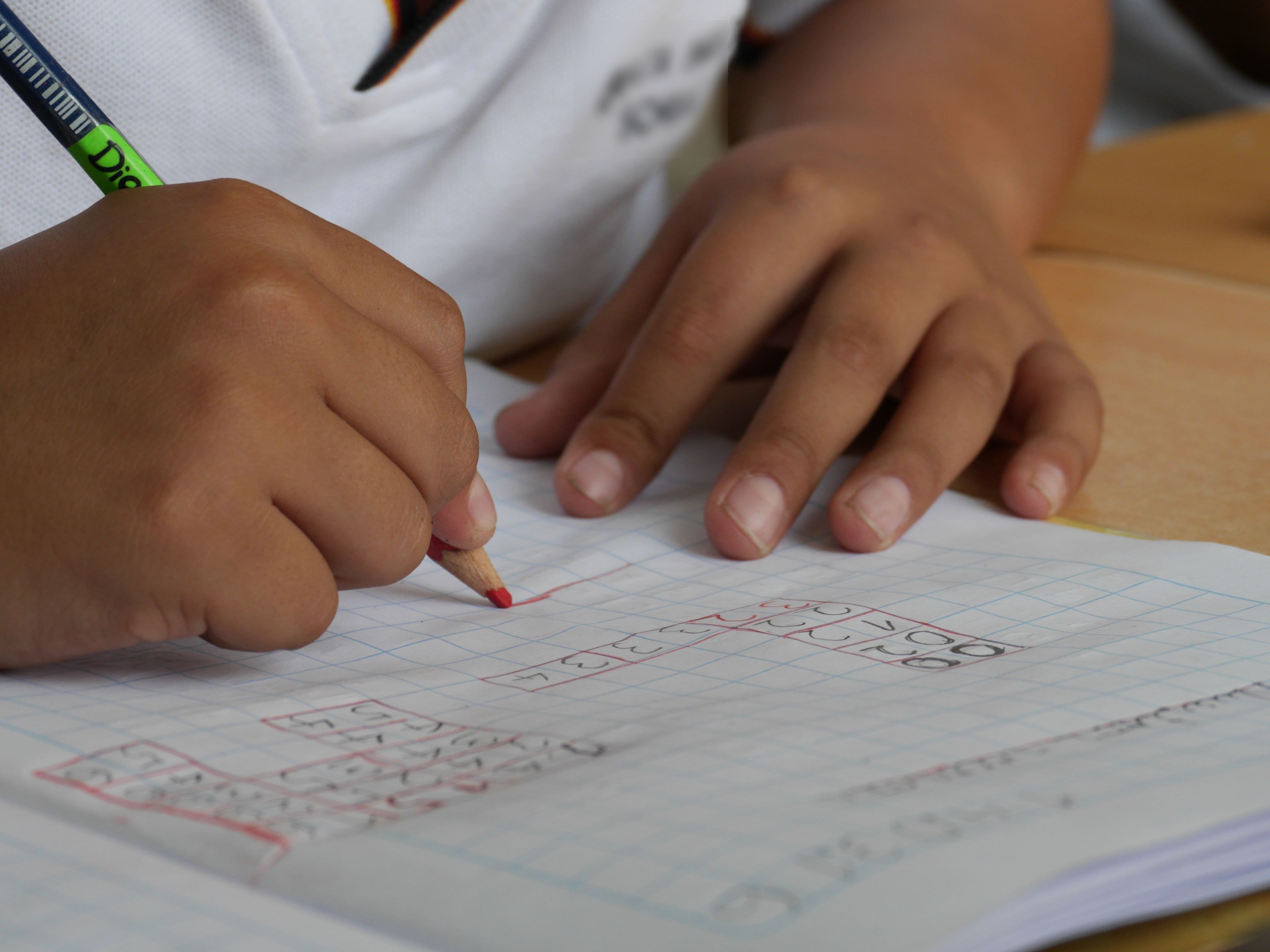Sometimes parents make the charge that the school assigns too much homework. And that is a serious problem, the parents argue, because the homework is placing too much stress, which is bad, on the students. The implied judgment of the school here is most unfortunate. From that premise it is easy to draw the conclusion that the school (and not the parent) needs to make some changes.
Before that premise is accepted, parents need to be sure they have ruled out other possibilities:
- Is the student under the deception that he or she “can do it all”? Is the student believing he can take full course load, play on the worship team, and expect to make the Honor Roll, while also working a part-time job? So many parents unconsciously buy into the superhero myths of our culture—that their children can be champions in everything—never realizing that they (parents) really do possess the power of “no” and need to exercise it often to help students make the right choices.
- Does the student have any learning issues that may require him to take more time on school work? Students with disabilities like dyslexia might need more time. Slow or poor readers will naturally spend more time on homework than would average students. A student with an attention deficit will need more time if he cannot control his distractions. If any of these conditions exist, the issue is not that the school requires too much homework, but whether the school and the family are a fit. There may be another school that can better support that particular student.
- Does the student have unsupervised access to social media? It is becoming more common for students to stay up late texting, snap-chatting, or roaming the Internet to such an extent that the habit is affecting school performance. Such activity creates two problems: because the students are unsupervised, they are using social media when they should be doing their homework, and because many of them lack discipline and self-control, they stay up too late and are losing sleep, which ruins their effectiveness for the next day.
- Does the student have a problem prioritizing activities or managing time? This is a problem of sound judgment. Not being able to place the right values on activities will lead to errors in the use of time. All activities are not equal. Some are priorities, some necessities, some luxuries. Students must learn to allocate the right amount of time and energy to each activity if they are to manage time well.
Christian parents especially need to be aware of the extent to which cultural ideas and pressures are at work here!

Mike Chrasta
In addition to having served as the Director of Ministry for NAUMS, Inc., Mike has been active in the University-Model® school community for nearly fifteen years. Mike served as a teacher and administrator at Lucas Christian Academy and where his three children (Joseph, Rebecca, Rosie) have attended. Mike has more than twenty-five years’ teaching experience, holds three graduate degrees (M.A., English; M.A., Public Policy, and a PhD. (Arts and Humanities-History of Ideas), and is a certified Texas Master Naturalist.



Comments are closed